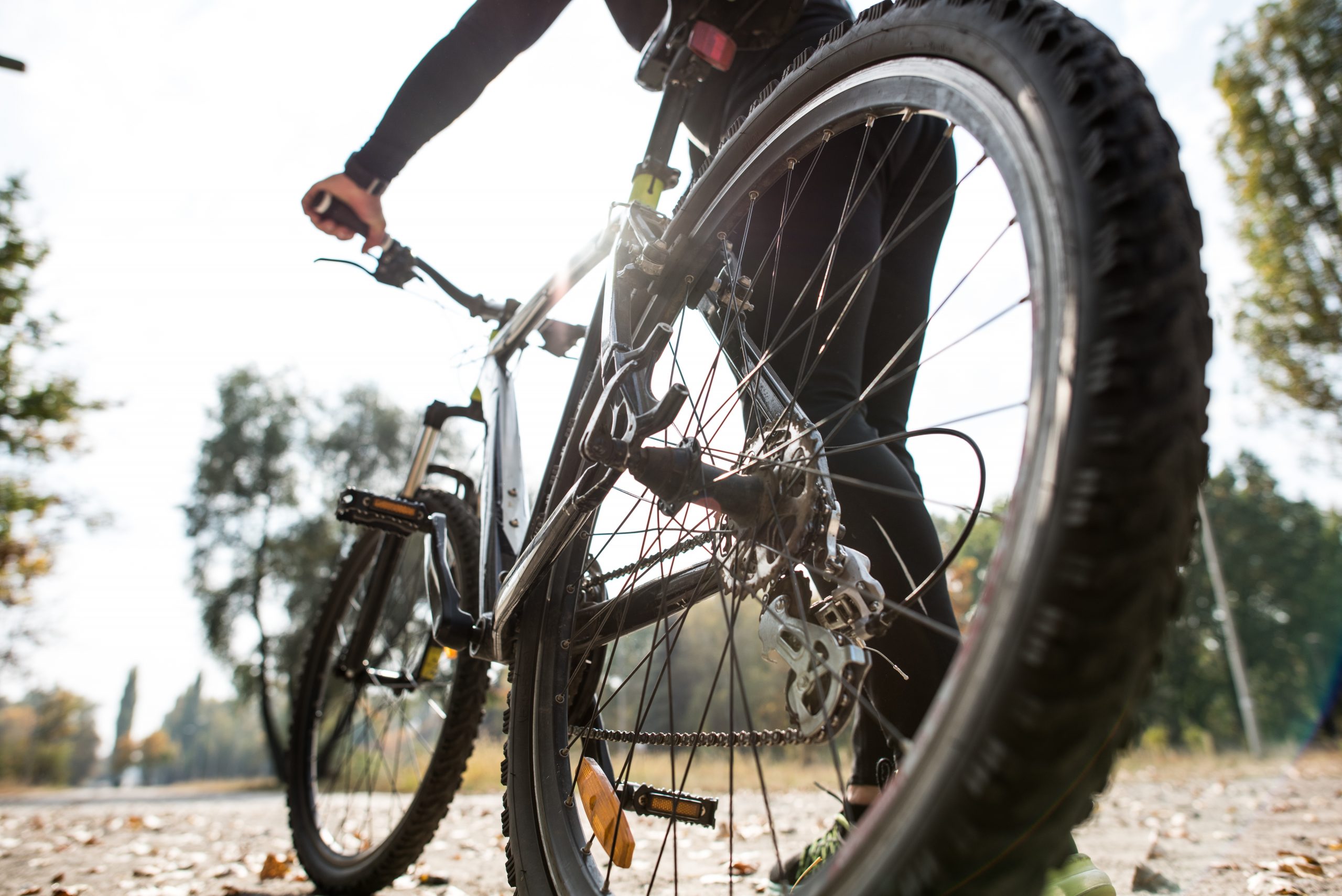Maxime Bellodo – Science Press
Science. The “classic” pedal bike seems to be the least polluting vehicle imaginable: its fuel is calf juice. But what about electric bikes? Has it proven to be more polluting? The rumor detector And Unpointcinq Evaluation.
Between the two wheels and the four wheels, the reason is audible. With 271 grams of CO22 Per passenger and per kilometer, a car emits 12 times more greenhouse gases (GHGs) than “muscle” electric (VAE) bikes. studying From the European Cycling Federation back to 2011, but she is still one of the few who took an interest in the question.
But between a good old bike and an e-bike, which one has the lowest carbon impact? After all, we don’t hear the difference between a gasoline car and an electric car Not as sharp as you might imagine? In fact, the answer depends on where you live: In Quebec, where electricity is produced from renewable sources, the advantage lies in the electric car. But for those who live in an area where electricity comes from fossil fuels (oil, coal or gas), their electric vehicle’s advantage, in terms of their carbon footprint, is dwarfed.
What about bikes?
Bike production and maintenance
Bicycle production and maintenance results in very few greenhouse gas emissions. For a 20kg frame made mostly of aluminum that’s been rolling 2,400km for eight years, we’re talking about 5g of CO2.2 per kilometer, according to the European Cycling Federation.
However, the picture will be very different with a machine made of carbon fiber components, whose indefinite production requires a lot of energy, A report issued by the British Environmental Society Green Alliance confirms, was published in 2017.
But the e-bike is more voracious. In addition to producing and maintaining its own motor and lithium-ion battery, which sometimes require the extraction of rare metals, the e-bike’s power supply weighs heavily in the balance: 16 grams of CO22 per kilometer.
Recycle this type of battery Recently it is possible in Quebec.
This is where the source of electricity plays a role. Unlike the Netherlands, where the European Cycling Union study was conducted, Quebec could rely on renewable energies (hydroelectricity in the lead) rather than energies coming from fossil sources. Thus, recharging the battery with this “green” energy reduces the e-bike’s greenhouse gas emissions.
Cycling fuel
If the car needs gasoline, cyclists also need “fuel” to pedal! Does more effort mean a bigger meal?
VAE starts on this plan several steps forward, because its engine makes life easier for a cyclist. The result: the latter consumes little energy, about 245 calories per hour if they weigh 70 kg. that it Equivalent to walking at a moderate pace.
The “classic” bike hasn’t said its last word yet. Admittedly, without assistance, the cyclist himself would have to sweat a lot: about 476 calories per hour. This 230 kcal difference may seem like a lot, but not much when you take into account the fact that the average commute between home and work About 7.7 kilometers in Canada. At this distance, the ride on two wheels takes from 15 to 30 minutes.
In short, although true, the slight difference in energy expenditure (about 62 to 123 calories) between cycling and biking is unlikely to result in a substantial change in eating behaviour. In addition to physical activity, many other factors such as socioeconomic and family background instead influence the size and composition of meals.
In other words, the effect of producing food calories that an urban cyclist needs to pedal is a negligible variable in calculating greenhouse gas emissions.
In an athletic context, where energy expenditure is most important, diet will take on an entirely new importance. Author Mike Berners-Lee says in writing How bad are bananas: The carbon footprint of everything…
This text is a quote from an article in the media on climate action in Quebec Unpointcinq, we You can read here.
Link to the original article
This article is part of a column rumor detectorAnd click here for other texts.

“Subtly charming problem solver. Extreme tv enthusiast. Web scholar. Evil beer expert. Music nerd. Food junkie.”


